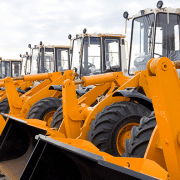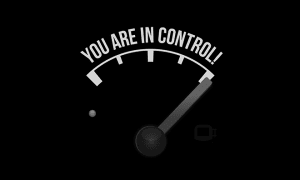Know Thy Equipment
Too often, contractors with significant equipment inventory use industry standard rental rates for anticipated equipment usage instead of actual costs when preparing a bid—a practice that could cause you to lose a job in today’s tight bidding environment. Using industry standard rental rates simply does not take advantage of the potentially lower cost of owned equipment. After all, owning your own equipment is supposed to be an advantage, right?
Looking at the Whole Picture
There is more than one reason to know your actual equipment costs. For example, you should know actual equipment costs in order to make key decisions about equipment replacement. Operating older equipment that is prone to breakdown can actually cost you more than industry standard rental rates. In addition, if your equipment needs frequent repairs, you could incur jobsite interruptions and associated inefficiencies driving down profits and making it difficult to afford replacements. And if funds are not pooled in reserve for equipment replacement, it can become very difficult to afford new equipment due to the additional debt burden required.
Clearly, owning equipment is a double-edged sword. The added productivity that might result from owning equipment can be countered by an excessively high cost of operation. That is why tracking equipment costs is imperative. Lacking equipment costs information, you could dispose of a piece of equipment with a low operational cost instead of another similar piece with a high operational cost. Companies relying heavily on owned equipment can be severely impacted by poor decision-making such as this, likely making it difficult to remain competitive and leading to potential business failure.
There is a saying, “if you want to play you have to pay.” With respect to this topic, “if you want to buy you have to track.” It is that simple. If your company relies on construction equipment to get the work done, implement a comprehensive equipment costing system that monitors all elements of repair and maintenance. With detailed equipment cost tracking, a contractor knows all cost components including fuel, tires and tracks, amortization of major repairs, and hard and soft shop costs, and, therefore, can make intelligent decisions in fleet maintenance and replacement. In short, “know thy equipment.” With this knowledge you can bid more competitively and avoid false expectations.







